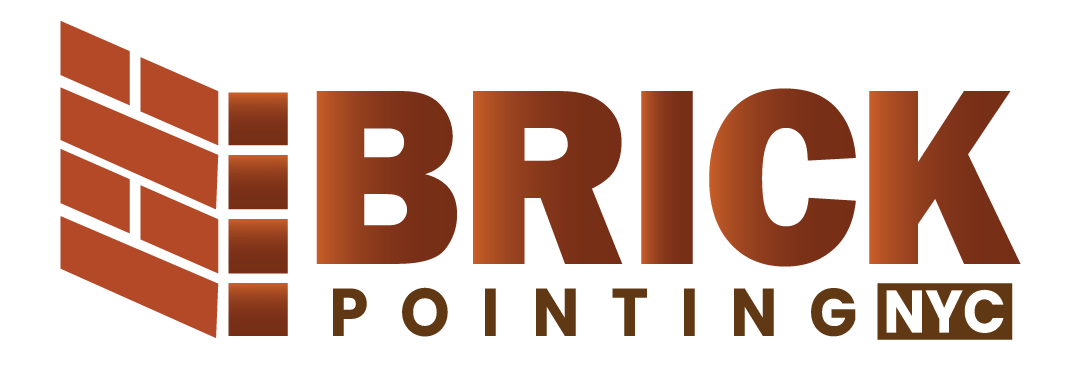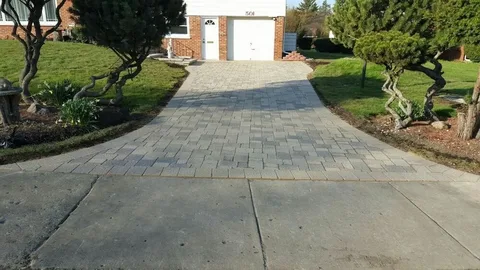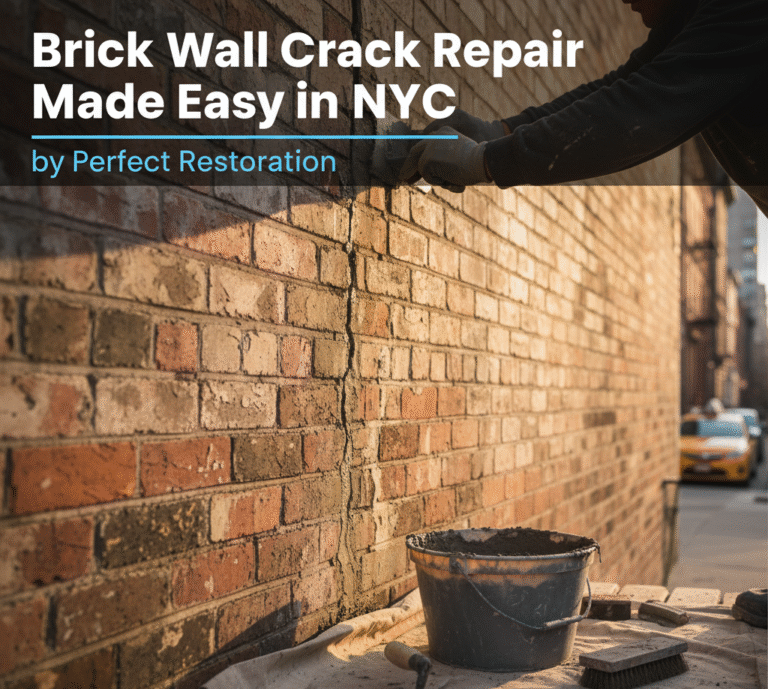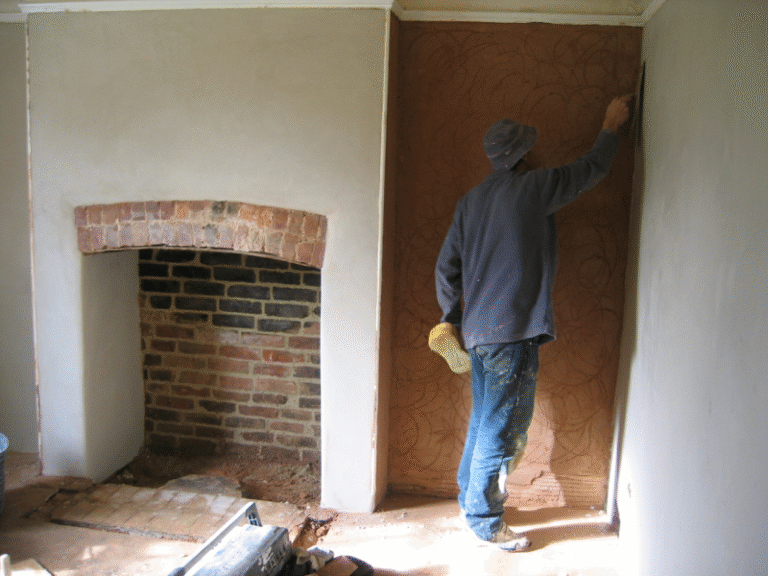Brick Driveway Paving Design Tips and Budget
Brick is one of the most classic and exquisite materials you can use for your driveway, which is sometimes the first thing people see about your house. Known for its traditional style, solidity, and longevity, a brick driveway may substantially increase your home’s curb appeal and value.
Everything you need to know about brick driveway paving will be covered in this book, including how to pave a brick driveway, how much it will cost to build one, how to hire builders, and long-term maintenance advice.
What Makes a Brick Driveway Better?
For good reason, brick has been used for ages in paving. Few other materials can compare to the special blend of beauty and practicality it provides.
Brick driveway advantages
- Timeless Aesthetic: Adds a cozy, timeless charm to both traditional and modern dwellings.
- Durability: With the right maintenance, brick can support large loads and endure for decades.
- Eco-Friendly: Bricks are recyclable and made from natural clay.
- Slip-Resistant: Bricks provide excellent traction, which makes driveways safer in slippery or rainy weather.
- Colorfast: Because the color of brick is baked into the material rather than being put on the surface, it won’t fade quickly.
Creative Brick Driveway Concepts
Investigating various brick driveway designs will assist you in designing a driveway that complements the character and style of your house.
Common Brick Designs
Herringbone: The interlocking pattern gives it strength and a timeless appearance.
Basketweave: For a classic appearance, alternate brick pairings.
Running Bond: A straightforward linear design that lengthens the appearance of narrow driveways
Fan or circular patterns are excellent for wide driveways and distinctive focal areas.
Ideas for Color and Border
- To frame your driveway, use contrasting colors for the edging or borders.
- Mix two or three complementing brick shades for a bespoke, textured look
- For an upscale look, add cobblestone or stone embellishments.
To see how the brick driveway will look in the end, ask the contractor to show you a mock-up pattern before they start installing it.
Brick Driveway Laying – A Comprehensive Guide
It will be easier for you to plan your project and interact with your contractor if you know how to lay a brick driveway.
Site Preparation, Step 1
Excavate the driveway space to the desired depth (usually 8–12 inches).
- Bricks should be kept safe by installing edge restraints.
- A crushed stone base should be added and compacted for drainage and stability.
Sand Bedding Layer, Step 2
Cover the base with a layer of gritty sand.
To provide an even surface for the bricks, the sand was screeded flat.
Bricklaying in Step Three
Bricks should be laid out in the pattern of your choice, beginning with a straight edge.
- Using a rubber mallet, gently tap each brick into position.
- To maintain consistent joints, use spacers.
Step 4: Joint Sand and Compaction
Fill in the joints by sweeping the surface with fine sand.
- A plate compactor can be used to compact the driveway.
- Continue until there is sand jammed into every joint.
Pro Tip: To avoid erosion and water pooling, make sure the driveway has a small slope for adequate water drainage.

The Price of Constructing a Brick Driveway
One of the most significant planning processes is understanding the cost to build a brick driveway. Materials, size, and labor can all affect price.
Mean Expenses
- Cost: $4 to $8 per square foot
- $6–$12 per square foot for labor
- $10 to $20 per square foot is the total installed cost.
Common Project Illustrations
- 300-square-foot single-car driveway: $3,000 to $6,000.
- 600-square-foot two-car driveway: $6,000–$12,000
- 10,000–$20,000+ for a large bespoke driveway (1,000+ square feet)
Standard running bond layouts are less expensive, while quality bricks and intricate designs will cost more.
Reclaimed bricks, which are affordable and environmentally friendly while adding character, can help you cut expenses.
Employing Contractors for Brick Driveways
Hiring professional brick driveway contractors guarantees your driveway is installed correctly and lasts for decades, even though some skilled do-it-yourselfers try it.
Qualities of a Good Contractor
- Both licensed and insured
- specializes in installing pavers or bricks.
- A collection of finished brick driveways
- Good local references and evaluations
offers thorough written contracts and estimations.
Things to Consider Before Hiring
- What is the number of brick driveways you have installed?
- What kind of guarantee do you provide for your work?
- Will you take care of base preparation and drainage?
- How long will it take to complete my project?
To evaluate costs and craftsmanship quality, get at least three quotations from several brick driveway contractors.
Brick Driveway Maintenance
After your new driveway is finished, maintaining a brick driveway properly is essential to keeping it looking good and working well for many years.
Regular Upkeep
- Regularly sweep to get rid of dirt and trash.
- Periodically rinse with water to avoid discoloration.
- Every two to three years, apply a sealer to prevent fading and moisture damage.
Maintenance of Joint and Weed Sand
- To stop movement and weed development, replenish joint sand as necessary.
- For increased stability and resistance against weeds, use polymeric sand.
- Get rid of any weeds before they take root.
Fixing Broken Bricks
- Bricks that are chipped or cracked should be replaced right away to stop damage from spreading.
- Lift and resand the base behind sunken bricks to level them.
Long-Term Tip: One of the most resilient driveway options is a brick driveway, which can endure 50 years or longer with the right maintenance.
Alternative Materials vs. Brick Driveway
It’s helpful to compare brick to other popular driveway materials before making a decision:
This article provides a clear comparison of four common driveway paving materials—brick pavers, concrete, asphalt, and gravel—by outlining their average cost per square foot, lifespan, and visual appeal. It serves as a practical guide for homeowners, contractors, or planners to select the most suitable option based on their project needs, budget, and design goals. Brick pavers, though more expensive, provide exceptional durability of 40–50+ years and a timeless, classic look, making them ideal for long-term, high-end projects.
Concrete delivers a balance between cost and longevity, lasting 25–30 years with a sleek, modern aesthetic that suits contemporary properties. Asphalt is a cost-effective and practical choice, offering 15–20 years of service, ideal for high-traffic areas or large driveways. Gravel stands out as the most affordable and quickest to install, lasting 5–10 years and giving a rustic charm that fits casual or rural settings. This comparison helps users make informed decisions according to their working conditions, long-term maintenance preferences, and desired driveway appearance.
Invest in Durable Curb Appeal as a Conclusion
A brick driveway is a statement piece that raises the curb appeal and value of your house in addition to being a useful surface. You can create a beautiful, long-lasting entrance to your home by looking at brick driveway ideas, learning how to lay a brick driveway, figuring out how much it will cost to build one, hiring reliable brick driveway contractors, and maintaining a brick driveway according to best practices.




